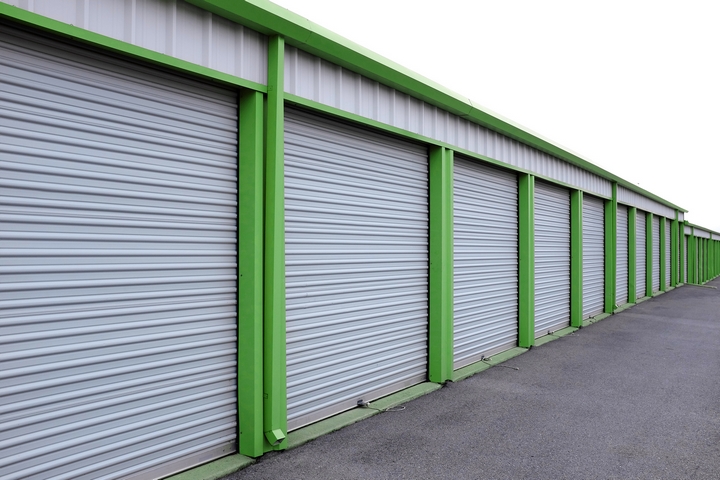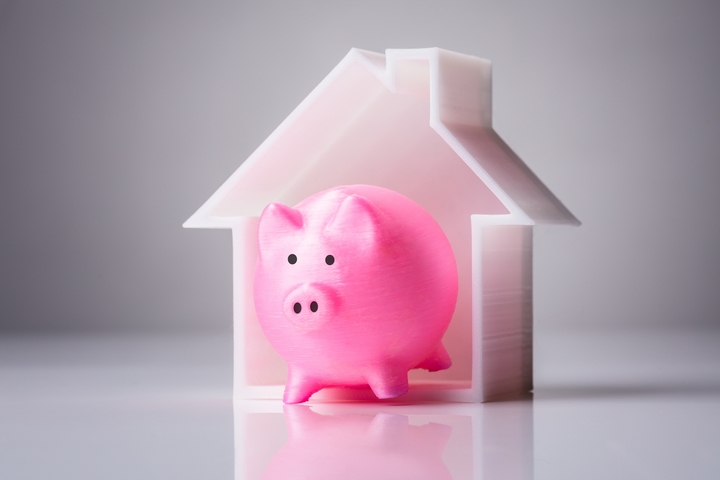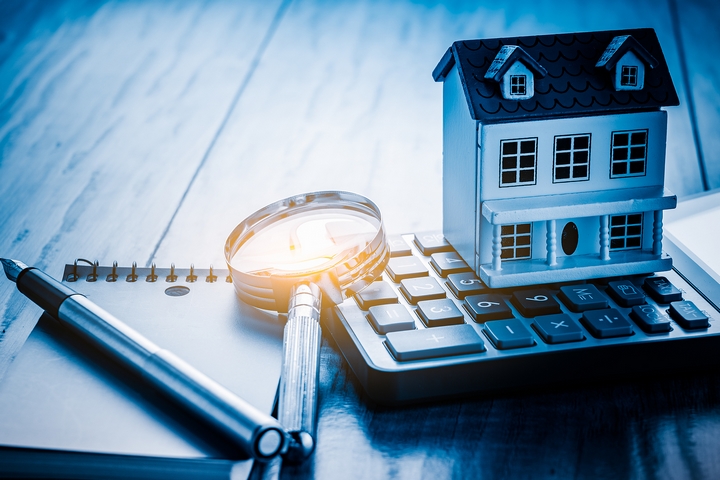Given our current market, it seems almost as though the house of your dreams will be a dream. Being a first-time home buyer can be intimidating. With current-day real estate prices, stalling wages, and an overall lack of engagement of millennials with the housing market, purchasing a home seems like a romantic target that is harder and harder to reach.
Many people are aware of the down payment and mortgage cost, but you want to ensure you know what you are getting into. Your moving costs, costs of new furniture, costs of miscellaneous items needed for a new home, and closing costs required to complete the sale are among some of the most overlooked expenses of a new home. Sorry for the bout of pessimism; the bright side is that it can be achieved with the right strategy and careful planning. We think it is pertinent to mention that most of these strategies depend on your motivation and how willing you are to combat your impulses.
Luckily, there are many ways to save up for houses for sale. However, we want you to remember that these are not the be-all, end-all. As well, these saving tips do not just apply to home-buying. You can use these ideas to save for a car, children, a vacation, or even just your bank account! So, find out how you can save money to live out your dreams.
Here is a guide on how to save to buy a house:
1. Cut down unnecessary expenses
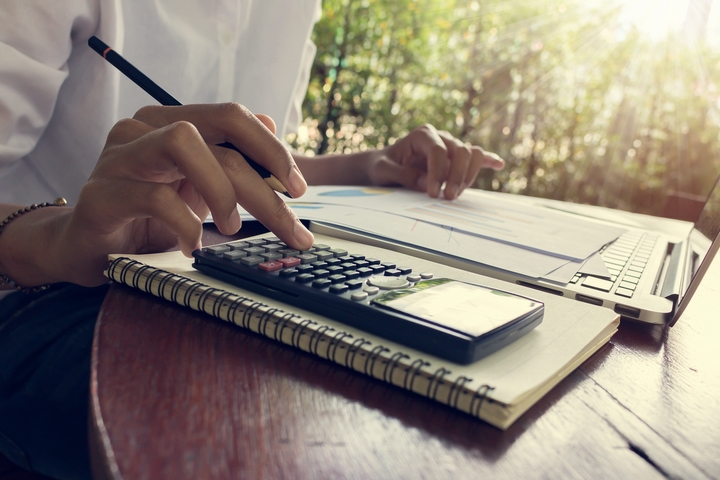
This is a matter of prioritization. There are undoubtedly many daily, weekly, monthly, and yearly expenses that are necessary for living: rent, groceries, water and electricity bills, the wifi, etc. Many expenses are not so necessary but contribute to comfortable living: streaming subscriptions, beauty appointments, eating out, home decor, gifts, etc.
There are many ways to live cheaper without sacrificing comfort. Try finding a couple of friends to share streaming subscriptions with, search for apprentices or simply sacrifice beauty appointments, meal prep at home to avoid cheap and quick finds when eating out, DIY your home decor, and make sentimental gifts from paper, photos, and love rather than purchase an expensive item.
2. Maintain your credit score
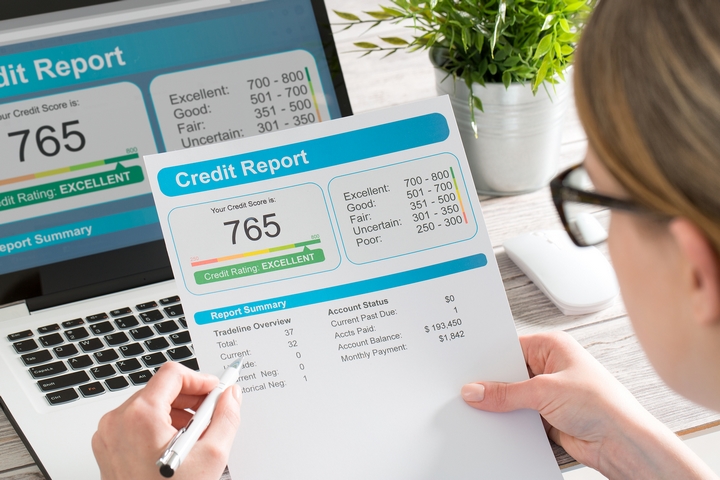
Down payments are hard. Mortgages are difficult. Luckily, banks offer loans— you take money from them but pay it back later. Of course, you have to pay interest on top of the original sum of borrowed money.
Good credit will lower your interest rates and increase your chances of being approved for a larger loan: both great ways to save money!
3. Find cheaper rent

Rent tends to be one of our largest monthly expenses (more on monthly expenses later). Thus, cutting your monthly payment is a great way to get one step closer to owning your own home. Try to brainstorm ways to save up: could you live with your parents? Could you get a roommate?
How about downsizing your place for a cheaper alternative? Although we understand the hesitation of sacrificing space and privacy, this is one of the greatest ways to directly add more money to your bank account every month.
4. Use cash when possible
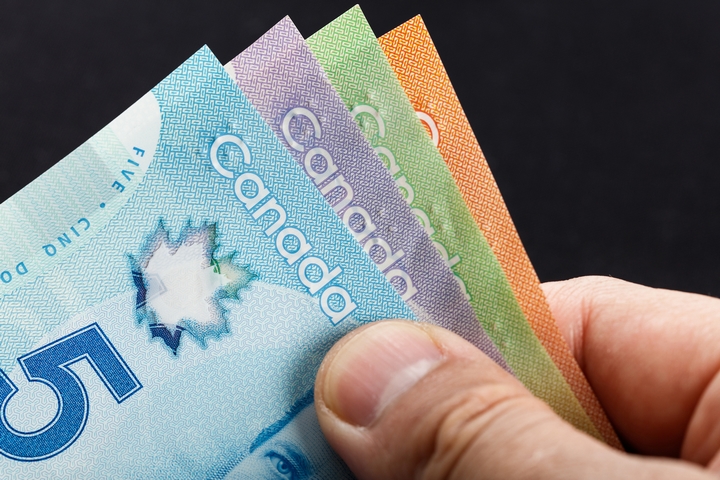
Credit can be dangerous: you do not see exactly how much money you owe, and thus, you spend with fewer restrictions. You tend to be more aware of how much you spend if you buy with cash as you are physically handing over currency to be taken away and never given back.
If you choose to use cash for your daily expenses, you will soon notice that you are more mindful and conservative of how you spend your money.
5. Savings or investment account

There are many ways to invest your money: putting your newly earned money in a savings account will ensure you do not have access to it when you are impulsive. If you are unsure how investing works or the whole idea of it is intimidating to you (don’t worry, I feel you), many online advisors could do the work for you.
If you can commit to saving a certain amount of money every time you receive your paycheck, your savings will soon grow and get you one step closer to owning your dream home.
6. Emergency fund
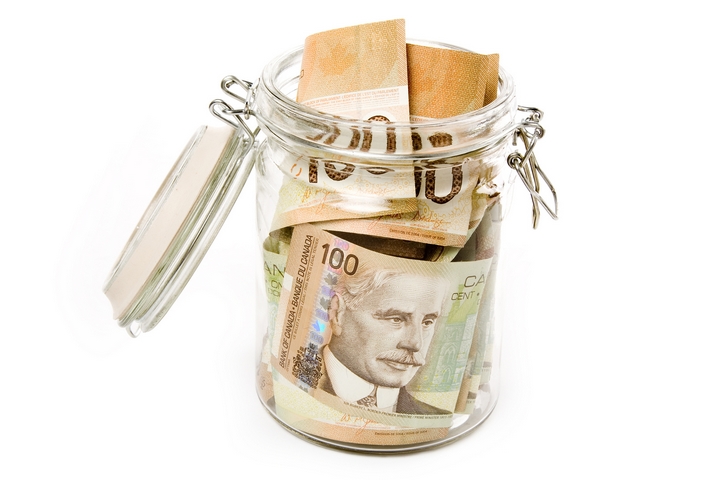
An emergency fund is a great way to ensure you have money to use in any dire situation without dipping into the money you put aside for your down payment. This allows you to be prepared for any situation and knows that no matter what, your down payment savings will be unscathed.
So, before you start saving, collect about three to six months’ worth of expenses (monthly, weekly, and daily expenses) and store them away, only to be used in the direst of circumstances.






